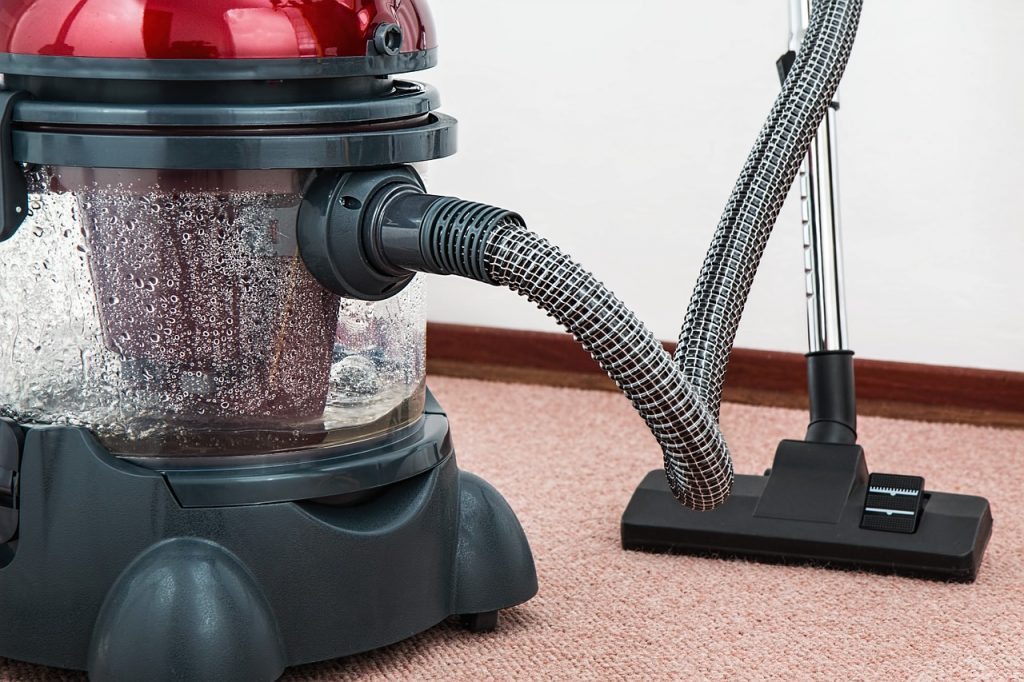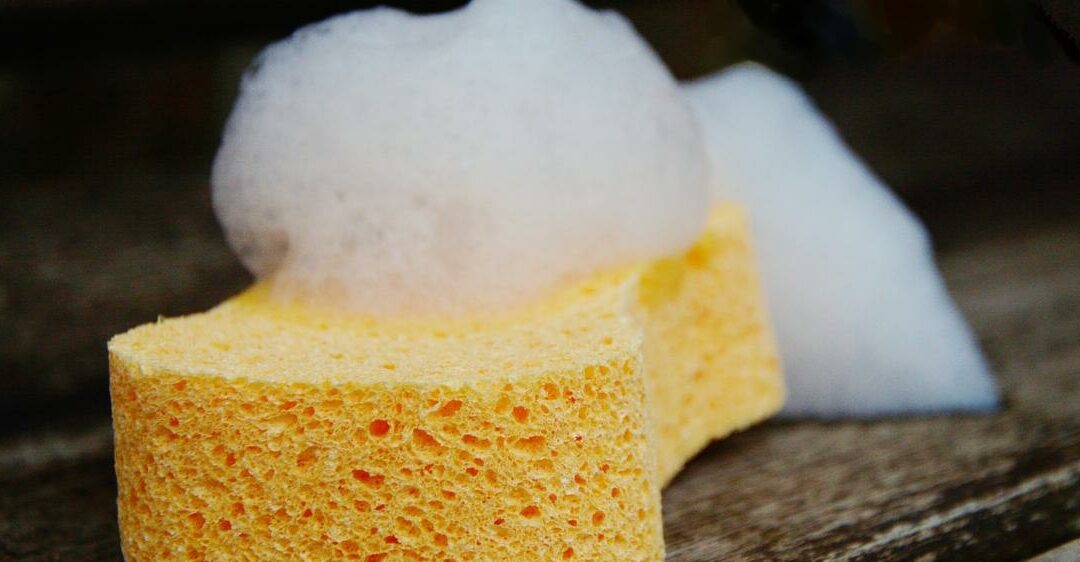Next to clients and employees, cleaning business equipment is the most important part of your company. Learn how to make investments that will pay off.
One of the reasons cleaning businesses exist is because most companies don’t have access to professional cleaning business equipment. However, if they’re going to hire out a company that does, they’re going to expect that equipment to be high quality, effective, and compliant.
The good news is that cleaning business equipment can be all of those things without breaking the bank. (In fact, expensive cleaning equipment may not even be the best out there.) If you take the time to research the equipment available—what’s popular with competitors, what’s compliant with OSHA, and the various benefits different models offer—you’ll find plenty of options to fit both your needs and your budget.
Manage bids, projects, clients, and more with Janitorial Manager. Find out more. Schedule a free demo today!

Cleaning business equipment: 3 ways to save on your supply costs
1. Building your arsenal
Whether you start out with gently used cleaning business equipment or brand new machinery, there are a few things you’ll want to confirm. First and foremost is always safety. Does the product have a safety rating? Are there online reviews that speak to the equipment’s safety features? And on a related subject, is the equipment in compliance with OSHA’s safety standards? Most important, each product should come with a Safety Data Sheet (SDS) from the manufacturer. Without an SDS, you can’t use the equipment in commercial cleaning of any kind.
Next, consider the warranty. Does it come with one? How long does it last? And what’s included? If, for example, you purchase a machine whose warranty covers replacement parts, like filters, during the first year, even if the product is a little more expensive than others, it might be a good investment because of the money you’ll save during the warranty period. (You might also check to see if extended warranties are an option—another potentially good investment.)
And of course, price becomes a significant consideration. Assuming the equipment fits in your budget, does the price seem right for your needs? How does it compare to other similar devices? Remember that buying the most expensive equipment may not be the best investment for your business. Sometimes you’re only paying more for a brand name, but sometimes a piece of equipment does, in fact, offer more features. Before allocating too much of your budget to the big ticket item, do your due diligence to make sure you’re not just paying for branding.
2. Equipment maintenance
Now that you’ve collected the tools you need to run your business, do everything you can to protect your investment.
If products come with registration cards, send them in right away to make sure you get the most out of your warranties.
When you or your staff use the equipment, make sure to clean it according to the manufacturer’s instructions. Doing so may nearly double the life of your machines, assuming there are no other unexpected issues.
Transportation and storage are crucial as well. Always have at least two people load and unload heavy equipment from transportation vehicles. In most cases, it’s probably a good idea to cover cleaning business equipment overnight or for extended periods of non-use. Try to store equipment in climate-controlled areas that don’t get too hot, too cold, or too humid. Unless you have no other choice, never store cleaning equipment outside.
Replace filters and other disposable parts often, even if they don’t look like they need to be changed. These parts should be included in your monthly budget. They’re often the easiest to skip over if your profits aren’t what you want them to be, but missing routine maintenance can be costly in the long run.
Keep track of all your cleaning jobs with Janitorial Manager. Schedule a free demo today!
3. Making it count elsewhere
Cleaning business equipment doesn’t only make you money through use and save you money through maintenance, but it can also save you money other places.
Most equipment, for example, qualifies as a tax write-off at the end of the year. Save your receipts when you purchase the equipment so you can claim the items on your return. You may also want to consult with an attorney or accountant to understand exactly what qualifies and how much money you can save with each write-off. Everything from floor buffers to rubber gloves may save you money annually in taxes.
It’s also a good idea to keep track of all your cleaning supplies and equipment, so nothing gets lost along the way. Without accurately tracking your inventories, you can lose a lot of money over the course of a year or even months.
Finally, take a little time to calculate how many more jobs you can do based on the equipment you have and how much time it saves you per job. While the cleaning business equipment itself doesn’t generate any income, using certain products or machines may improve completion time, which makes your team available for more jobs, and that will certainly translate to more revenue.

